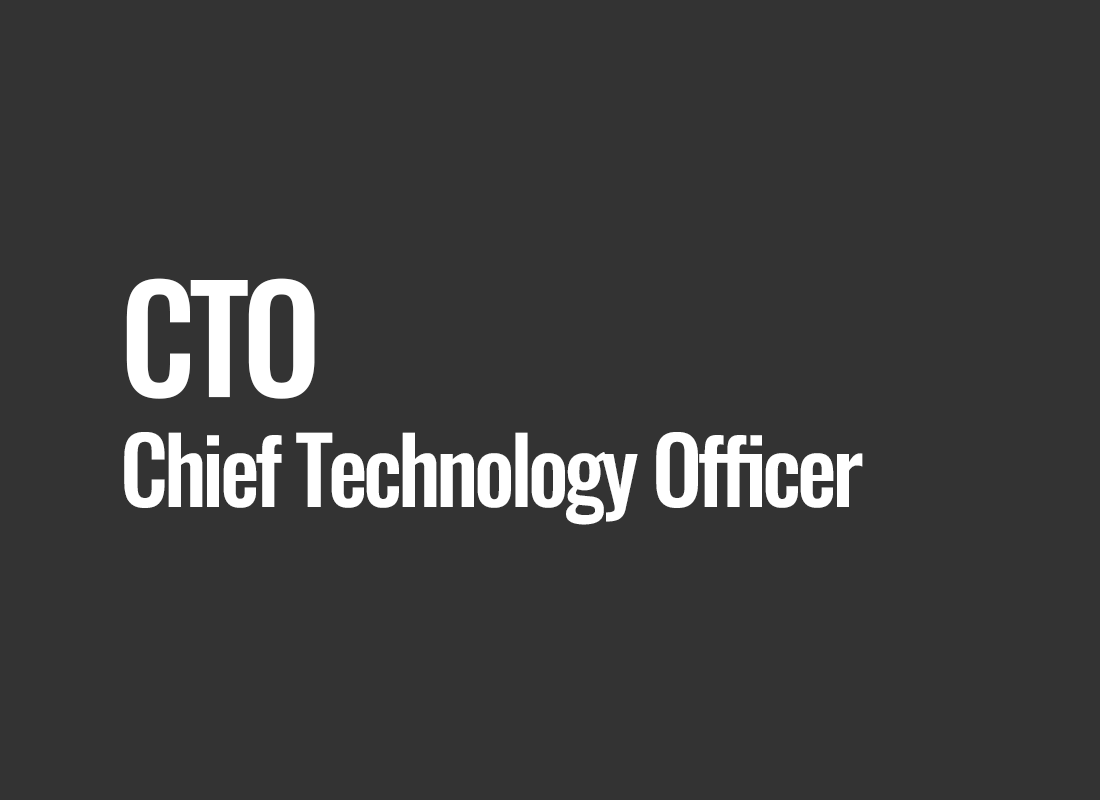CTO (Chief Technology Officer)
One of the most important positions that plays a key role in managing and shaping the direction of companies operating in the IT industry is the position of CTO, or Chief Technology Officer. The CTO is a person who not only guards the latest technological achievements but also serves the vital function of a strategic leader in the organization. It is the CTO who is responsible for shaping the company's technological path, ensuring its competitiveness and innovation in the market.
Over the past few years, emerging technologies such as artificial intelligence, cloud computing, blockchain, and the Internet of Things have had a profound impact on the way business is conducted. Therefore, the role of the CTO has become crucial, as this person oversees the implementation of these innovations and adapts them to the needs of the organization. However, to fulfill this role effectively, the CTO must possess specific skills and experience to meet the demands and challenges posed by today's IT industry.
Role and Skills of the CTO
The role of the CTO, or Chief Technology Officer, is not just a title on paper but represents a key position in today's IT industry organizations. The person in the CTO position is responsible for directing the company's strategic technological decisions and ensuring that technology supports business goals. They oversee the entire technological infrastructure of the organization and are responsible for developing innovative solutions that enhance the company's competitiveness.
To effectively fulfill this role, the CTO must possess a broad range of skills, including:
1. Strong technical competencies
The CTO should be up-to-date with the latest technological trends. Understanding technologies such as artificial intelligence, data analytics, or blockchain is essential for making informed technological decisions.
2. Project and team management
Coordinating IT teams and managing projects is a key part of the CTO's role. Effective planning, oversight, and delivery of technological projects are crucial for the company's success.
3. Technological strategy skills
The CTO must be able to develop long-term technological strategies that support the company's business goals. This includes managing the IT budget and resource allocation.
4. Communication and cross-departmental collaboration
The CTO must be an excellent communicator and be able to effectively collaborate with other departments, including marketing, finance, and project management. This collaboration is essential to understand business needs and adapt technology to them.
Projects and Areas of CTO Activity
The CTO works on various technological projects that impact different areas of the company's operations. Here are some of them:
1. Implementation of innovative technologies
The CTO is responsible for exploring and implementing modern technologies, such as artificial intelligence, machine learning, or blockchain, which can provide a competitive edge. For example, an e-commerce company might use artificial intelligence to personalize product recommendations for customers, increasing conversion.
2. Improving efficiency and scalability of IT systems
The CTO ensures that the company's IT systems operate efficiently and are prepared to scale as the company grows. This might include migrating to the cloud, optimizing applications, or expanding infrastructure.
3. Development of mobile applications and e-commerce
In today's world, consumers increasingly use mobile devices. The CTO may oversee the development of mobile applications and e-commerce platforms to provide customers with excellent online shopping experiences.
4. Information security and data protection
Protecting customer and company data from cyberattacks is a priority. The CTO must ensure proper security measures and procedures to prevent data breaches and loss of customer trust.
CTO Career Path
The CTO position typically results from long-term professional development and experience in the IT industry. A typical career path might include the following steps:
1. Starting as a programmer or engineer
Many CTOs begin their careers as programmers or engineers, gaining technical skills and experience working on IT projects.
2. Promotion to managerial positions
After several years of technical experience, an individual might be promoted to managerial positions, such as project manager or IT department head.
3. Developing managerial competencies
The CTO needs to develop skills in project management, budgeting, team leadership, and technological strategy.
4. Continuous learning and staying updated
The IT industry is dynamic, so the CTO must stay updated with the latest trends and technologies through training, conferences, and continuous learning.
5. Gaining experience in various technology areas
The CTO might deliberately gain experience in various technological areas, allowing them to better understand the company's entire technological infrastructure.
Conclusion
The role of the CTO, or Chief Technology Officer, in today's IT industry is crucial for an organization's success. This person is responsible for directing strategic technological decisions, developing innovative projects, and ensuring that technology supports business objectives. With the right skills and experience, the CTO can contribute to the company's growth, improve its competitiveness, and provide customers with modern technological solutions. However, to succeed in this position, continuous education and staying updated with the latest technological trends are essential. For ambitious IT professionals, the CTO position can be an inspiring career goal, opening doors to many professional development opportunities.




